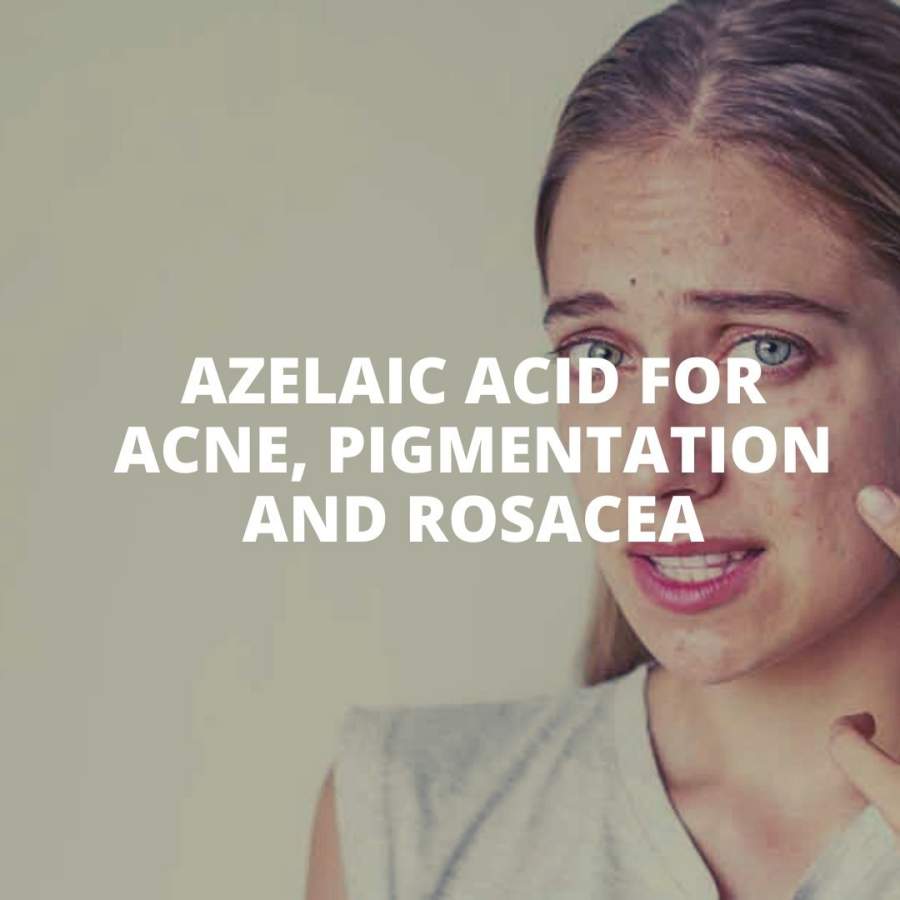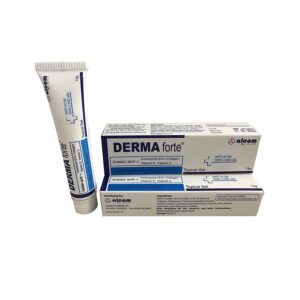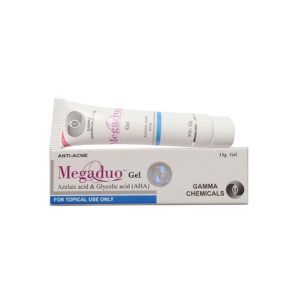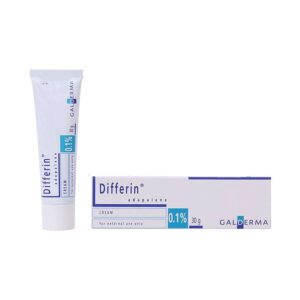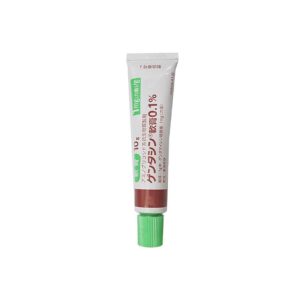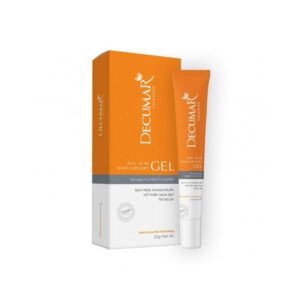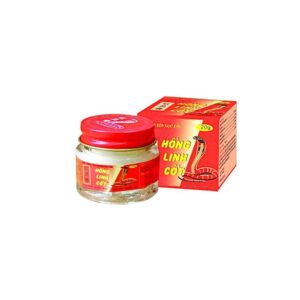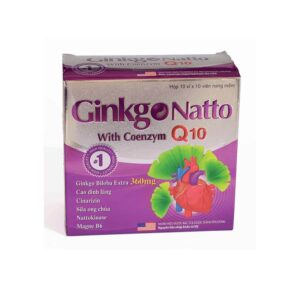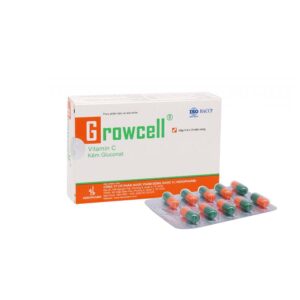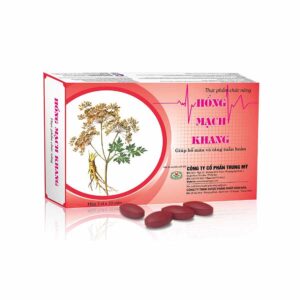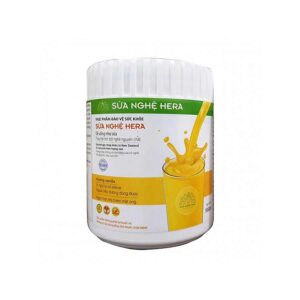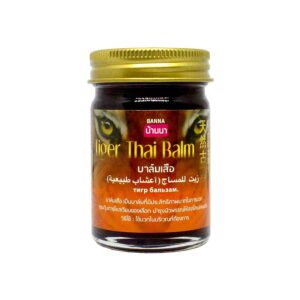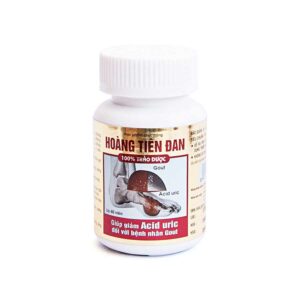A magical ingredient that helps treat acne, pigmentation and rosacea. All at once, without causing irritation like many acids. Learn more about this trendy ingredient.
What does azelaic acid do for skin
Azelaic acid is obtained both from wheat and yeast and in the laboratory. It has antibacterial, anti-inflammatory and antioxidant properties. And the acid also speeds up cell regeneration (which smooths skin texture), slows melanin production (and therefore protects against pigmentation), helps with acne and soothes redness and irritation.
FDA has confirmed the ingredient’s work in two areas-acne and rosacea, doctors say they’re seeing effects and a reduction in pigmentation after azelaic acid. If your face is prone to dark spots after acne or being in the sun, this ingredient should be your best friend.
Azelaic acid vs Salicylic acid
Even if you’re not a skincare junkie, you’ve probably heard of salicylic acid (benzoyl peroxide). It’s usually found in spot acne products, which everyone used to use a lot. But despite its effectiveness, this component has disadvantages, for example: many have a reaction to benzoylperoxide or excessive dryness and irritation after its use. Azelaic acid is softer, less irritating to the skin, but it works just as well.
Does concentration matter?
Yes, of course it does. But it depends on the purpose for which you are buying azelaic acid. If you want to treat acne or rosacea, talk to your cosmetologist about the concentration you should choose (usually 15 to 20% is the most effective for treating these problems). However, the products that are sold in regular cosmetic stores will also give results, only you will notice them a little later.
Do I need to apply a cream after the azelaic acid application?
If you feel tight or itchy after applying the acid, or if you simply have sensitive skin, doctors recommend applying a moisturizer first (especially for formulas with a high concentration of the component). Be careful about mixing azelaic acid with other exfoliants or retinoids because irritation can occur.
Azelaic acid has proven to be a good treatment even when pregnant. But before using it, it’s still best to consult your doctor and test for an allergic reaction on the back of your hand or neck.
Read more articles:
8 best nutrients and vitamins for healthy and strong nails
What is spirulina and what are its benefits?
Shea butter – Effective way to take care of your skin

